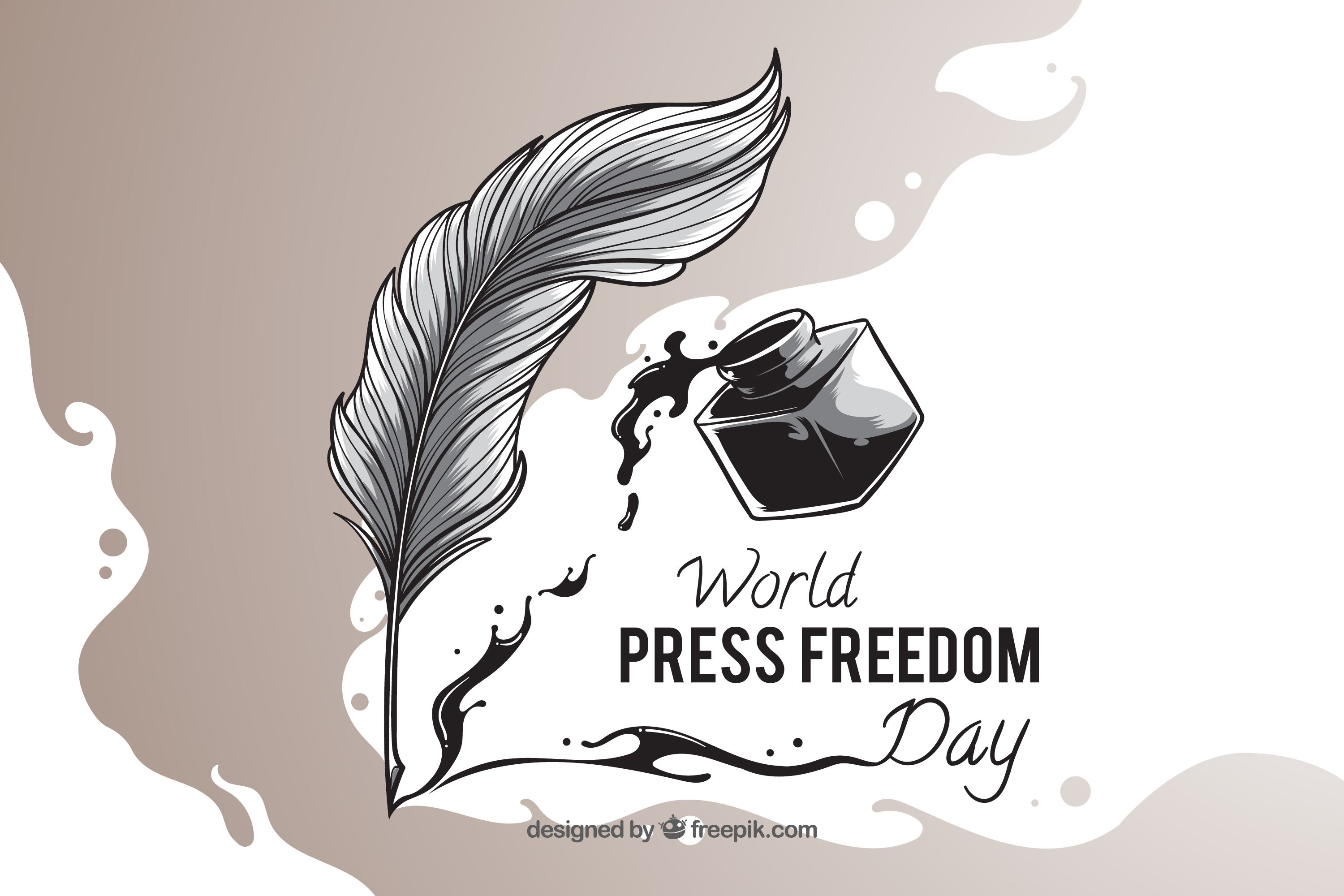
There is no dearth of unequivocal evidence that we are living in the worst period of modern history. A small virus has made a dent into the biggest global powers and has brought the world to a complete halt. Facing the undeclared war are the front line health workers, sanitation workers, bureaucrats, media officials and others working to ensure smooth and easy passage of the biggest lockdown in the history of the world.
While the nation and the world is struggling with the biggest pandemic of the century, we as a society have time and again shown immense respect to the medical fraternity fighting the deadly pandemic. But long lost is the appreciation for several media professionals doing extremely intensive ground reportage and bringing the stories of horror and hope alike to us in the most simplified, informative ways.
The Press is often the most assertive and influential medium of expression yet the most neglected one. To be very honest, in the current era of the political environment, one can have conflicting views about the press, its inclinations and biases. All the political factions known to exist in India, find the press to be extremely biased towards their faction and hence play the usual rhetoric against its freedom. The demands to muzzle the voices of dissent in the media is not new.
During the Emergency, the then Prime Minister, Indira Gandhi practically crushed the freedom of speech, the vibrant culture of dissent, debate and expression, the art which is investigative reportage. The witch-hunt of Ramnath Goenka's Indian Express is known to all of us. The way successive establishments proceeded to silence the voices in the media after stories of their shady deals, corruptions came out in the public shows the vindictive nature of our politicians and the inability of our judiciary to protect the media.
A report published by the global media organisation, "Reporters without borders" places India on 142nd rank out of the 180 countries being surveyed. The low ranking is the testament of the dismal state of Indian media in the year 2020. The ranking has largely remained low over the last few years. What's even more disturbing is the fact that there has been no significant improvement in the past and India today stands 142nd, just above the likes of rogue nations like Pakistan, Afghanistan and war-torn nations like Syria.
In addition to that is the silence of the civil society every single time the ruling establishment irrespective of the political party in power vindicates media, threatens the media organisations for advertisements, deploys organisations like CBI, ED for pity vendetta politics.
On the micro-blogging site Twitter, the journalists often tend to use their freedom of speech which erstwhile is a dream for many working in the paid propagandist news networks. For raising issues of concern, they face absolute harassment, trolling and a verbal attack for merely not complying with the agenda of the government. Several name labels are often thrown to the vulnerable community of journalists and to make the situation worse, even the blue ticked politicians themselves jump into the bandwagon of maligning, trolling and discrediting the credentials of media. This gives the rather irrelevant mobs on such social media platforms an added confidence to come in hoards and attack those whose stories make their dear leaders, "uncomfortable".
The attacks on journalists are also very concerning. Not all the attacks are of the physical nature, most of them include slapping of draconian colonial-era laws and charges on the journalists.
With the advent of social media, there has been significant improvement though. Knowing that the governments hold the power to crush press and electronic media outlets, several digital websites, YouTube channels have emerged and evolved as the alternative of real, viable journalism.
Currently, the young fraternity of journalists across India are reporting extensively and asserting their dominance in front of the supreme powers. They do not depend on the advertisements, but public driven money, that is, donations of their respective reader bases. In turn, they serve their readers base with ground reporting and stories that do not find mention in the mainstream media which largely thrives on political debates, Hindu-Muslim debates and stories of Bollywood gossips.
The answer to solving the crisis of press freedom can not come from governments, but society. They need to hold their leaders accountable for restricting and devoiding them of information. The Judiciary needs to act as the saviour of democracy and constitutional rights. India, the Republic can only survive when those who cover stories about India survive.
-
Bhavesh Chaturvedi

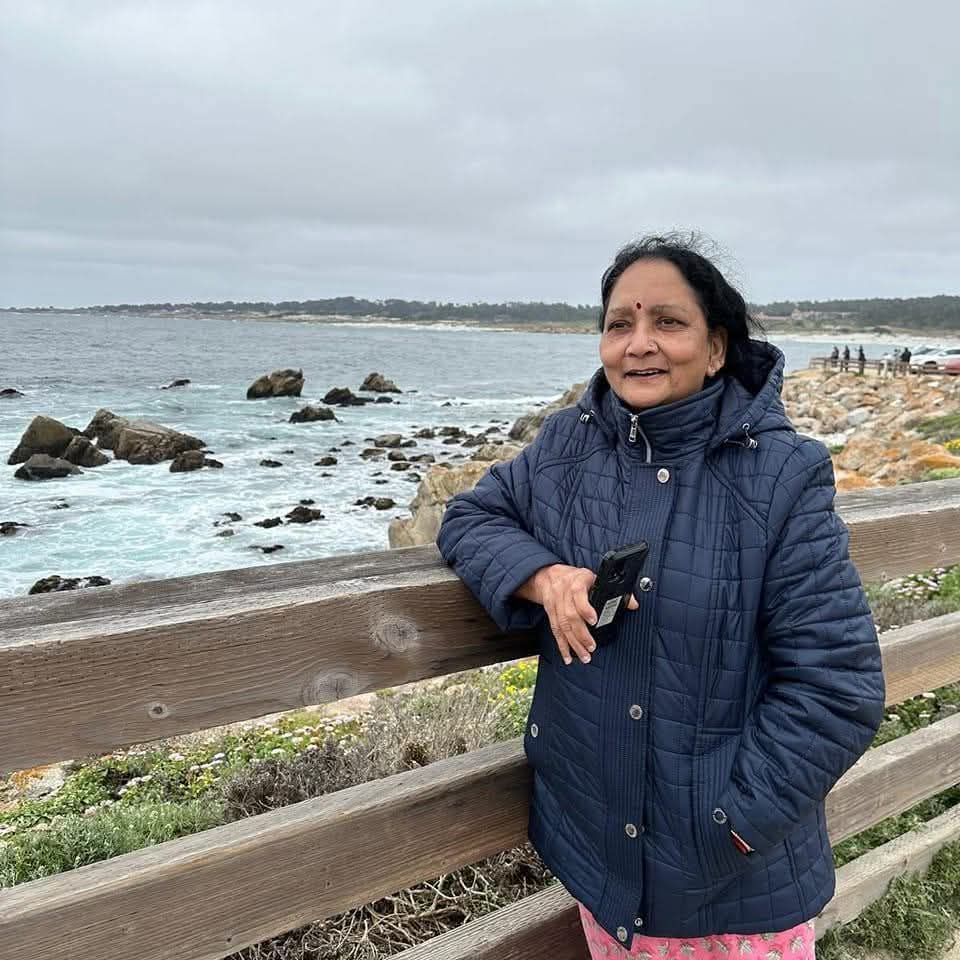


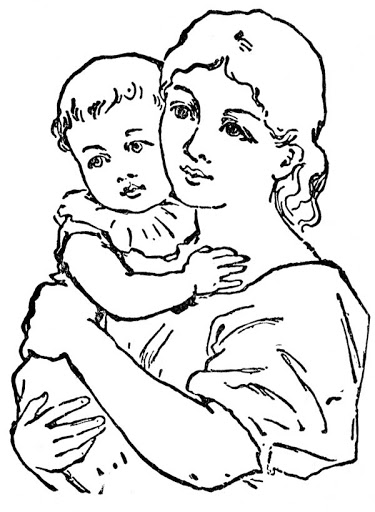

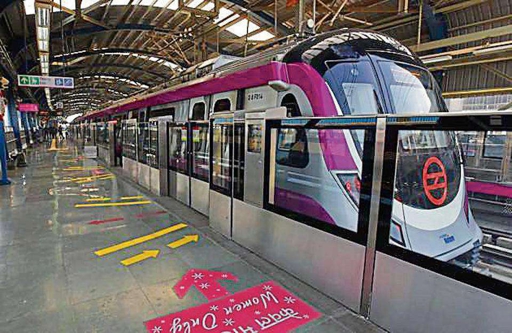

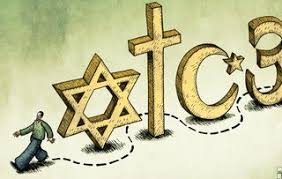
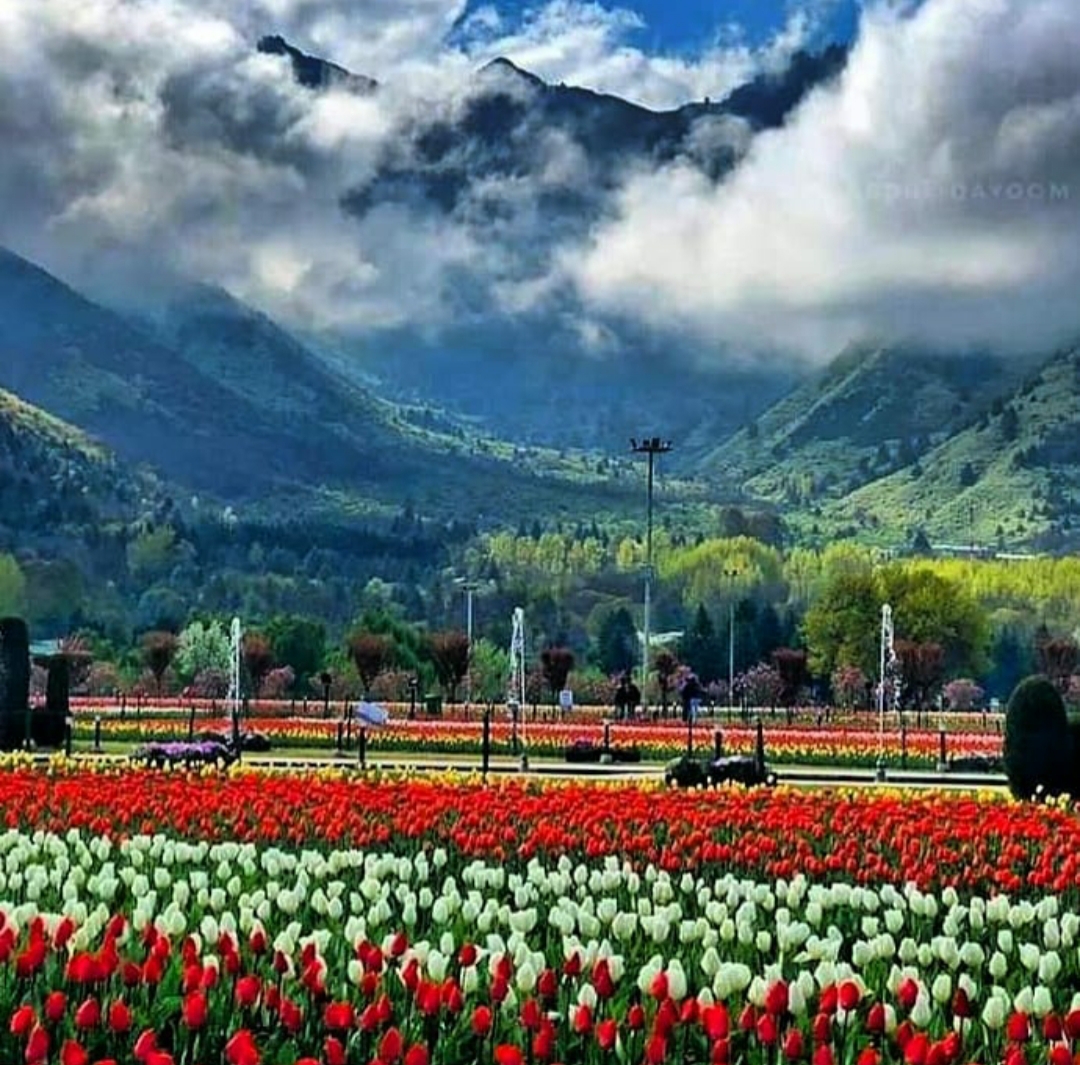

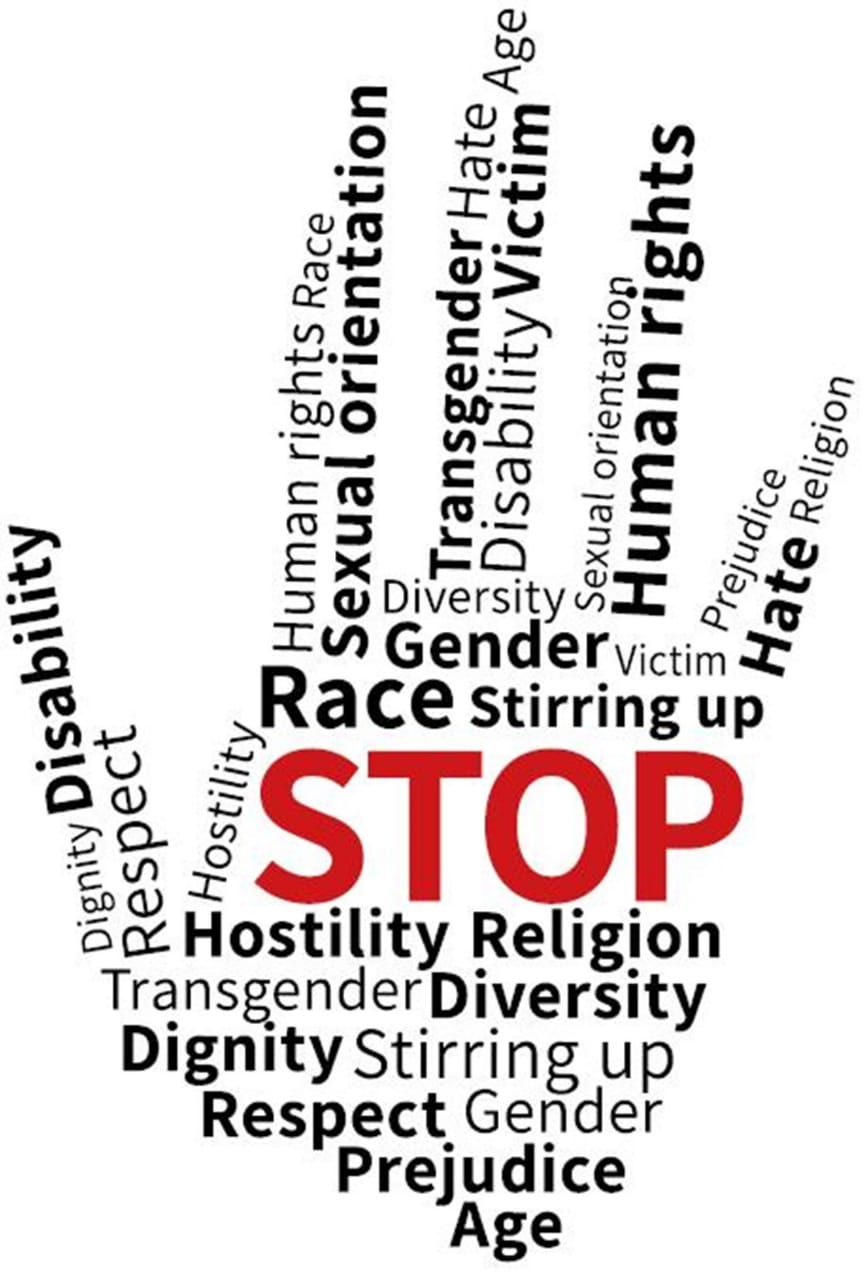

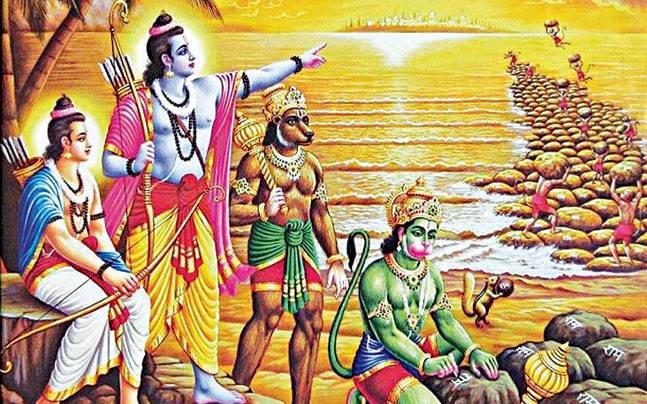
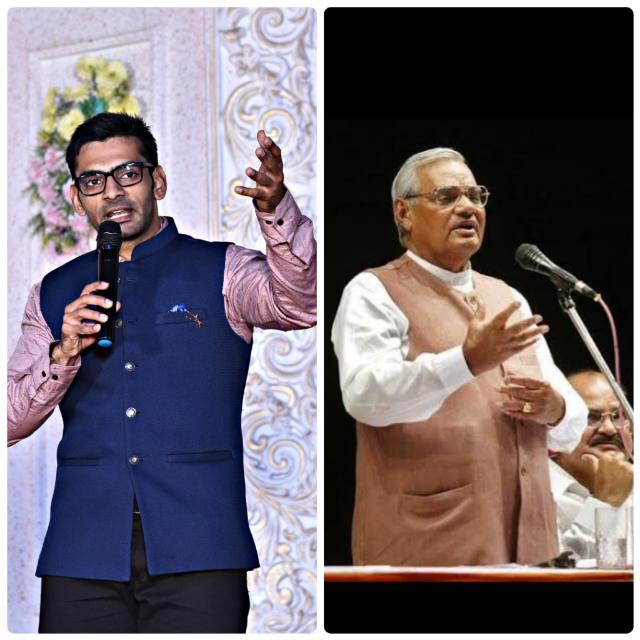

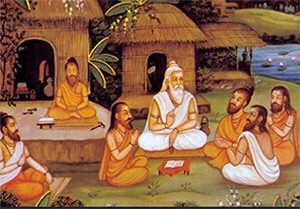
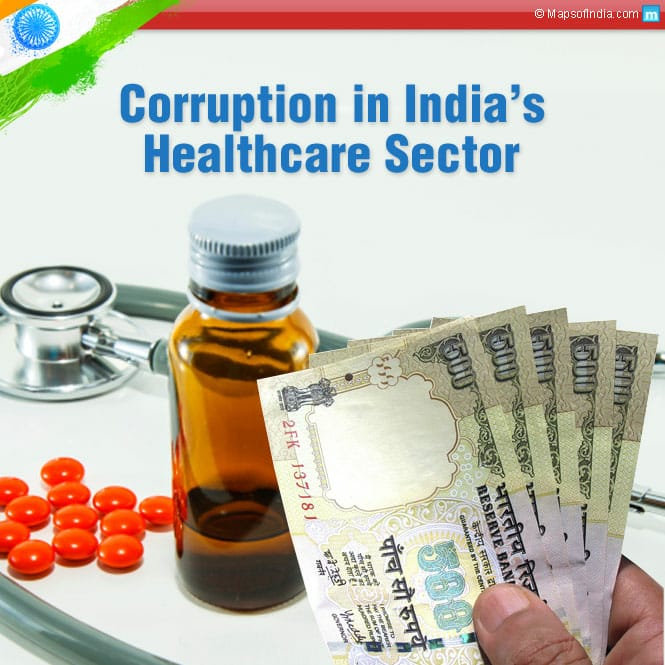

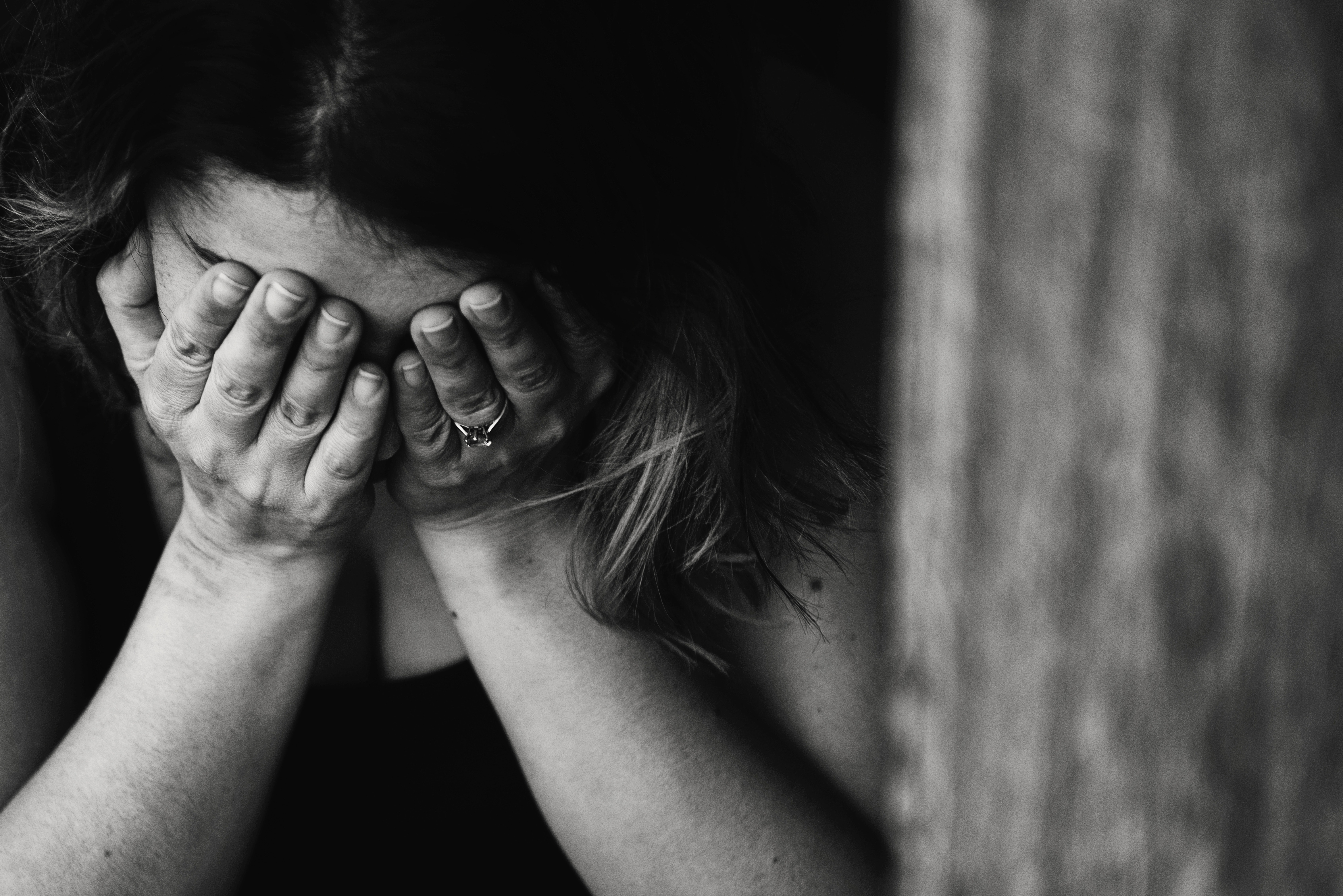
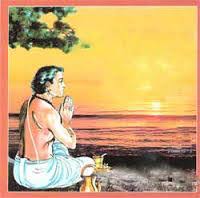
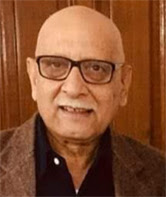

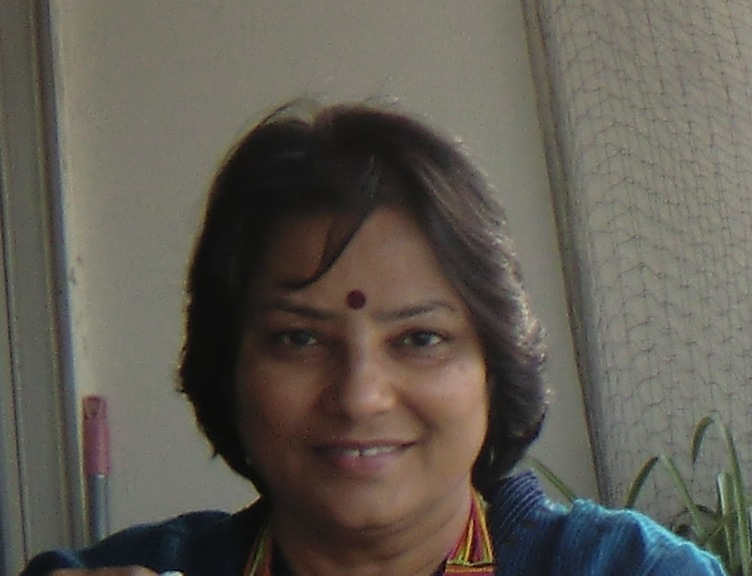
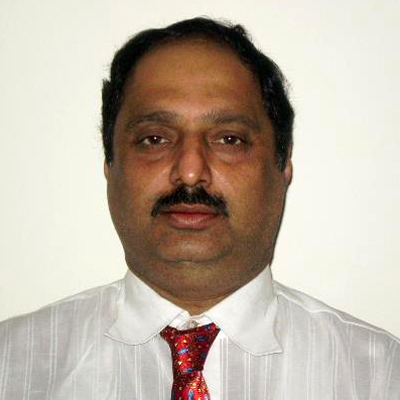
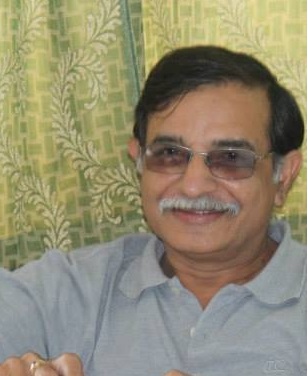
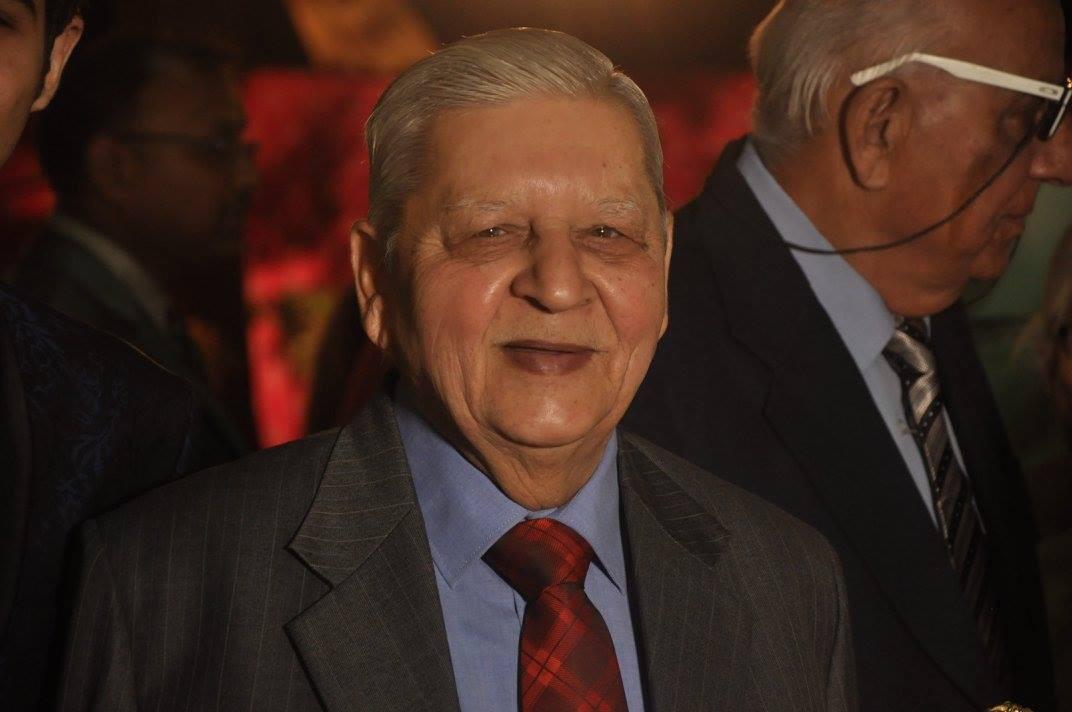
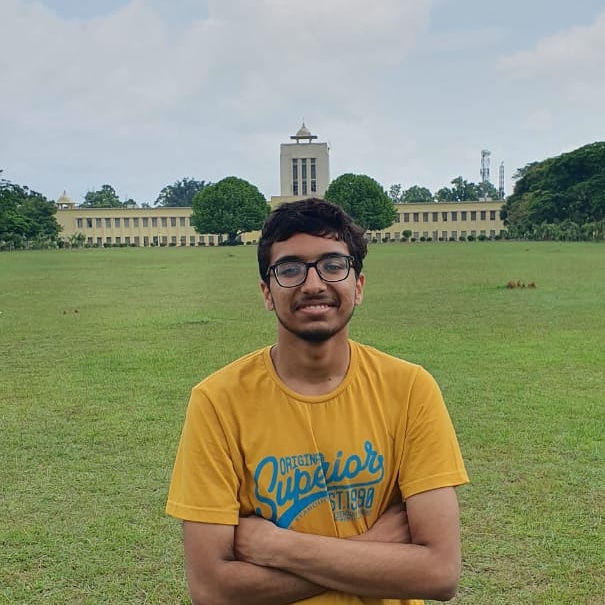
Feed from WhatsApp